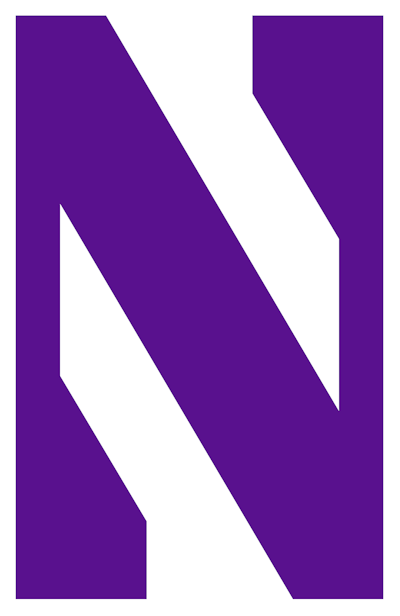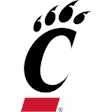
Northwestern University has suspended head football coach Pat Fitzgerald for two weeks without pay following allegations of hazing within the program, but is already second-guessing whether the punishment is strong enough.
As reported by Sports Illustrated, the suspension was announced Friday. Those investigating the allegations concluded that while they could not prove Fitzgerald was aware of hazing within the program, allegations made by a whistleblower were “largely supported by evidence.”
Details from the investigation were first made public by four staff writers at The Daily Northwestern. The student newspaper's report included graphic accounts of the alleged hazing corroborated by two former players, as well as mention of photographic evidence of whiteboard lists that appeared to reference the hazing acts.
One of the anonymous players interviewed stated that members of the team would engage in a locker-room practice called “running,” which entailed masked upperclassmen “dry-humping” players to punish them for mistakes.
Other practices described include “freshmen [being] forced to strip naked and perform various acts, including bear crawling and slingshotting themselves across the floor with exercise bands,” as well as a tradition called the “carwash” that entailed players being forced to rub up against other players while nude in order to enter the showers.
The player went on to characterize Northwestern as having an “abrasive and barbaric culture that has permeated throughout that program for years on end now,” and suggested that Fitzgerald made a hand signal in practice similar to that used by players to single out players for “running” in-game, which he believes indicated that the coach was aware of the hazing within the program.
“Everyone would just be looking at each other and be like, ‘Bro, Fitz knows about this,’ because you wouldn’t take that action otherwise,” the unnamed player told The Daily Northwestern. “Everyone joins in, because he’s the head coach.”
According to a subsequent SI report, university president Michael Schill sent a letter to the school community regarding his decision to suspend Fitzgerald. In the letter, Schill said the initial investigation concluded that there was “no direct evidence” that Fitzgerald knew about the hazing incidents. However, the Northwestern president admitted he “may have erred” in his punishment for Fitzgerald following new detailed allegations, implying the punishment might have been too lenient.
“In determining an appropriate penalty for the head coach, I focused too much on what the report concluded he didn’t know and not enough on what he should have known,” Schill said, as reported by SI. “As the head coach of one of our athletics programs, coach Fitzgerald is not only responsible for what happens within the program but also must take great care to uphold our institutional commitment to the student experience and our priority to ensure all students – undergraduate and graduate – can thrive during their time at Northwestern. Clearly, he failed to uphold that commitment, and I failed to sufficiently consider that failure in levying a sanction.”
Schill did not say whether the length of Fitzgerald’s suspension will be revisited, but he did mention that he learned the name of the player at the center of the allegations just recently.
“I spoke with his family and offered my sincere apologies for what their son had to endure, and I also attempted to reach out to the young man himself to offer my apologies,” Schill said.
As reported by The Associated Press, Northwestern first learned of the hazing allegations in late 2022, and hired the law firm ArentFox Schiff to investigate.
Along with the suspension of Fitzgerald, a former standout player at the school and its winningest head football coach, the university said preseason football camps in Wisconsin would be discontinued; the locker room would be monitored by an official outside the purview of the coaching staff; the school would create an online tool for anonymously reporting hazing; coaches, staff and athletes would be required to take anti-hazing training; and the university would form a working group to report on policy, culture, training and enforcement, The AP reported.





































